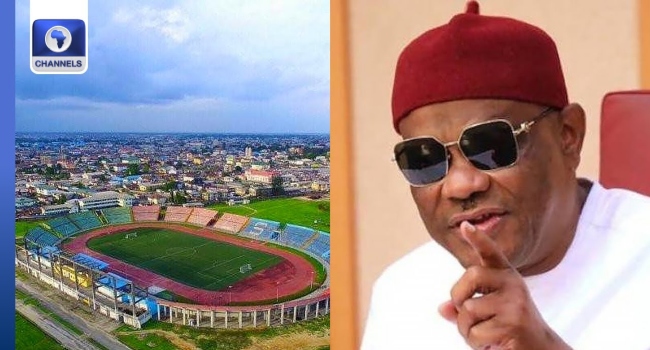
The Federal Government on Tuesday disclosed its plans to borrow at least N4. 987 trillion to finance its N13.58 trillion 2021 budget.
The amount according to Minister of Finance, Budget and National Planning, Mrs Zainab Ahmed, at the 2021 budget breakdown webinar is part of the N5.196 trillion budget deficit built into the budget.
This, however, is aside the planned supplementary budget to finance purchase of Covid-19 vaccines.
Major highlights of the budget showed that aggregate expenditure, inclusive of government owned enterprises (GOEs) and project-tied loans is projected to be N13.08 trillion, which is 21 per cent higher than revised 2020 Budget.
Recurrent (non-debt) spending, estimated to amount to N5.93 trillion, is 43.19 per cent of total expenditure, and 14.32 per cent higher than 2020 revised estimates (reflecting increases in salaries & pensions).
Aggregate Capital Expenditure of N3.85 trillion is 29.43 per cent of total expenditure; and 43.4 per cent higher than the 2020 Revised Budget (inclusive of capital component of statutory transfers, GOEs Capital & Project-tied loans expenditures).
Debt service will gulp N3.12 trillion or 23.88 per cent of total expenditure and 16.63 per cent higher than 2020 revised Budget.
A provision of N220 billion is 1.68 per cent of total expenditure was made to retire maturing bonds to local contractors/suppliers.
Overall budget deficit is N5.196 trillion for 2021, representing 3.64 per cent of GDP and is to be financed mainly by borrowings at a ratio of 50 per cent domestic and 50 per cent foreign.
In addition, multi-lateral /bi-lateral loan drawdowns would account for N709.69 billion; while privatisation proceeds are expected to yield N205.15 billion.
Ahmed disclosed that the dormant accounts and unclaimed dividend to be borrowed by government during the year would be repaid from the Special Trust Fund to be set up by the federal government, once owners were properly identified.
“The unclaimed dividend and dormant accounts will be pooled into a Special Trust Fund. At any time that a bank or the registrar confirms that this is the true owner of such funds, the government will release such funds,” the minister said in response to a question on whether the federal government wanted to use the controversial fund to finance its budget deficit.
On 2020 budget, she explained that N1.8 trillion has so far been spent on capital projects and that the implementation of the capital budget would continue until March 31, 2021.
Ahmed stated that government was working on the proposed $1. 5 billion Budget Support Facility from the World Bank.
The minister disclosed government would have surpassed the N3.94trnit generated in the 2020 fiscal year but for the N4. 691 trillion tax waivers it granted to citizens and companies to cushion the effects of Covid-10 pandemic in the economy.
“We have included a Tax Expenditure Statement (TES) as part of documents accompanying the 2021 Budget to the National Assembly which seeks to dimension the cost of tax waivers/concessions, and evaluate their policy effectiveness.
“Tax expenditures (TEs) are currently estimated to (1) CIT N1.18tr, (2) VAT N3.1tr, (3) Customs Duties N347bn (4) VAT on Imports 64bn. Going forward, we will set annual ceilings on TEs to better manage their impact on already constrained government revenues.”
Ahmed disclosed that the Minister of Health and his team were still working on the details of what covid-19 vaccines would cost the nation but that once that was finalised, a supplementary budget would be presented to the National Assembly, for the approval funds.
Although she declared that subsidy has finally been eliminated in the petroleum sector, that there had been accumulated subsidies in the electricity sector and provisions were made for market players in the current budget to clear part of the arrears which would be finally wiped out in 2022.
For 2020, Ahmed said while the government projected the sum of N9.97trn expenditure it actually spent about N10.08trn representing 101 per cent performance.








